The NFL's concussion settlement has seemingly failed its players
The league promised to pay players who had suffered brain trauma. Allegedly, it has not happened.

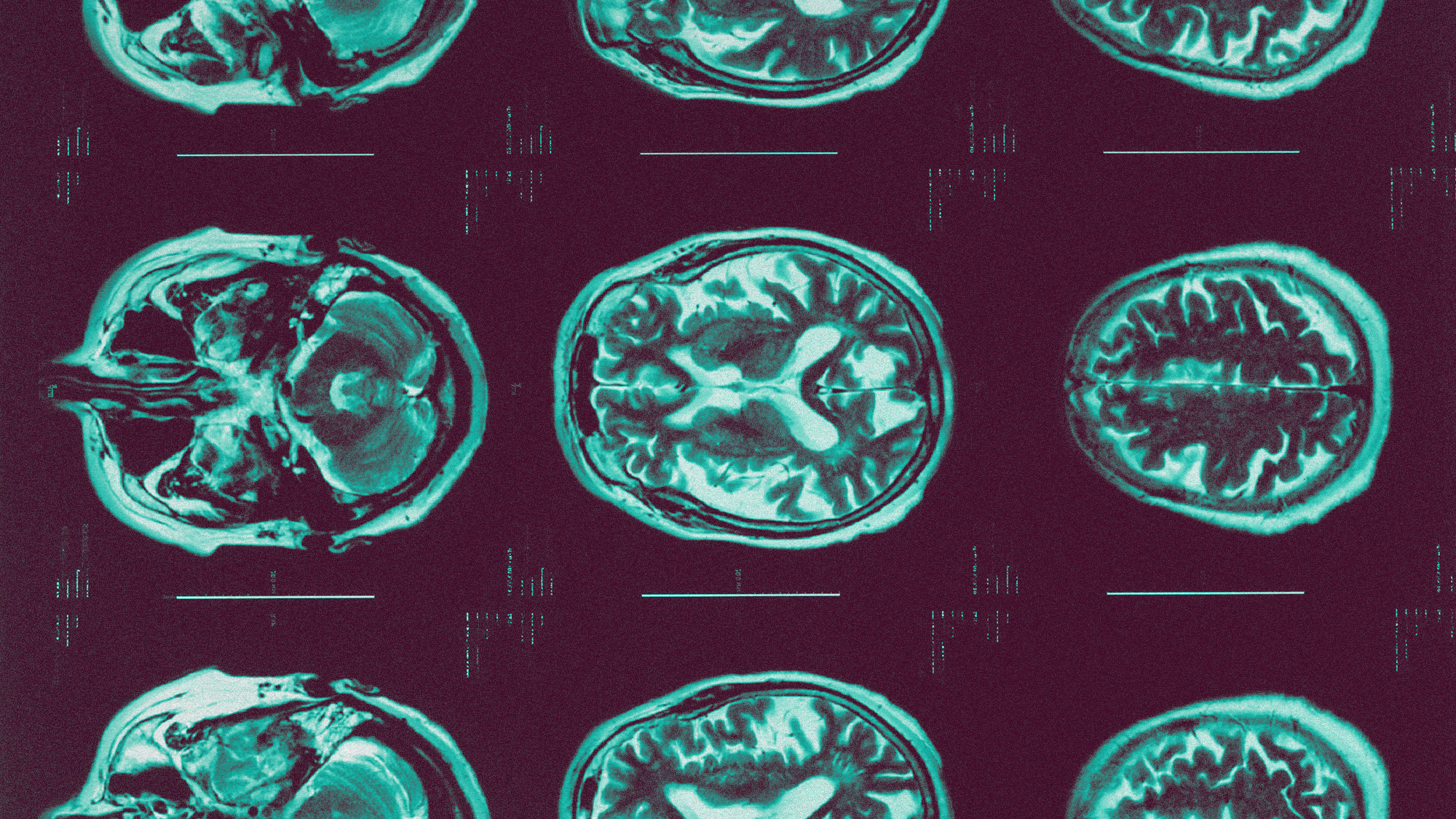
A free daily email with the biggest news stories of the day – and the best features from TheWeek.com
You are now subscribed
Your newsletter sign-up was successful
The controversial correlation between football and brain injuries has dominated the National Football League (NFL) for years. Hundreds of players have been posthumously diagnosed with chronic traumatic encephalopathy (CTE), a brain disease that has been linked to football.
As these issues continued, the NFL agreed to settle a lawsuit brought by more than 4,500 players alleging that the league dismissed the true dangers of CTE. The $765 million settlement was intended to be distributed to cover treatment for players who had been diagnosed with CTE, dementia or other brain-related illnesses after suffering on-field concussions.
However, a recent investigation by The Washington Post said that the NFL has largely dropped the ball when it comes to those payouts, using a series of medical loopholes to avoid covering these costs. What did the Post find, and what will the NFL do?
The Week
Escape your echo chamber. Get the facts behind the news, plus analysis from multiple perspectives.

Sign up for The Week's Free Newsletters
From our morning news briefing to a weekly Good News Newsletter, get the best of The Week delivered directly to your inbox.
From our morning news briefing to a weekly Good News Newsletter, get the best of The Week delivered directly to your inbox.
What did the Post's investigation find?
The Post combed through 15,000 pages of documents from more than 100 former players who had attempted to qualify for settlement funds. The outlet concluded that the NFL "routinely fails to deliver money and medical care to former players suffering from dementia and CTE," resulting in the league saving hundreds of millions of dollars. The crux of the Post's investigation was that the settlement carved out a new definition for dementia that "requires more impairment than the standard definition used in the United States." Several doctors told the Post that if they went by the settlement's guidelines, they would "routinely fail to diagnose dementia in ailing patients."
Many of these players were diagnosed with dementia by their personal doctors "only to see their claims denied by the administrative law firm that oversees the settlement," the Post said. Doctors that worked for the NFL "simply overruled physicians who actually evaluated players" and would blame their dementia symptoms on other health problems like depression and sleep apnea, the Post said. At least 14 players "failed to qualify for settlement money or medical care and then died, only to have CTE confirmed via autopsy," the Post said.
The Post was not the first outlet to find problems with the NFL's settlements. Three months before the investigation's publication, a study in the journal Alzheimer's Research and Therapy found similar discrepancies in the NFL's payout system. Notably, the study concluded that the settlement provided "substantially higher monetary compensation to former players with a diagnosis of [Alzheimer's disease] than for players with similar cognitive impairment and dementia but without [an Alzheimer's diagnosis]."
Issues of racial bias among the settlements have also been raised in the past. In 2020, The Conversation outlined a pair of accusations from former players, Najeh Davenport and Kevin Henry, who "accused the NFL of discriminating against Black players seeking compensation through the league's concussion settlement." The men alleged that the league's "race-based adjustments to neurocognitive test scores resulted in their ineligibility for dementia-related payments," an ineligibility they say did not occur with white players who exhibited the same signs.
A free daily email with the biggest news stories of the day – and the best features from TheWeek.com
In all, the total number of settlement claims approved by the NFL was reported by the Post to be about 900. The league has denied more than 1,100 claims, and the Post claimed the collective value of these denials could be more than $700 million.
What's next for the NFL?
While the Post's allegations reveal a shocking level of mistreatment, "insiders have long known that all is not what it seems inside the landmark settlement," Forbes said. "Legal and medical records have been piling up for almost a decade on the ways former players have been treated and current players possibly kept in the dark."
And the league has indeed paid out a large sum of money to those affected. The NFL has given out "over $1.2 billion to more than 1,600 former NFL players and their families," Forbes said. This amount notably "surpasses the initial expectations and serves as evidence that the NFL has gone beyond its obligations of $1 billion."
The NFL has also implemented concussion guidelines to try to keep players as safe as possible. First approved in 2011, these guidelines are "reviewed each year to ensure players are receiving care that reflects the most up-to-date medical consensus on the identification, diagnosis and treatment of concussions," the NFL said. Despite the league's spoken commitment to safety, though, the dark mark remains for the 1,100 denied claimants who did not receive monetary help.
Justin Klawans has worked as a staff writer at The Week since 2022. He began his career covering local news before joining Newsweek as a breaking news reporter, where he wrote about politics, national and global affairs, business, crime, sports, film, television and other news. Justin has also freelanced for outlets including Collider and United Press International.
-
 ‘Poor time management isn’t just an inconvenience’
‘Poor time management isn’t just an inconvenience’Instant Opinion Opinion, comment and editorials of the day
-
 Bad Bunny’s Super Bowl: A win for unity
Bad Bunny’s Super Bowl: A win for unityFeature The global superstar's halftime show was a celebration for everyone to enjoy
-
 Book reviews: ‘Bonfire of the Murdochs’ and ‘The Typewriter and the Guillotine’
Book reviews: ‘Bonfire of the Murdochs’ and ‘The Typewriter and the Guillotine’Feature New insights into the Murdoch family’s turmoil and a renowned journalist’s time in pre-World War II Paris
-
 The 9 best steroid-free players who should be in the Baseball Hall of Fame
The 9 best steroid-free players who should be in the Baseball Hall of Famein depth These athletes’ exploits were both real and spectacular
-
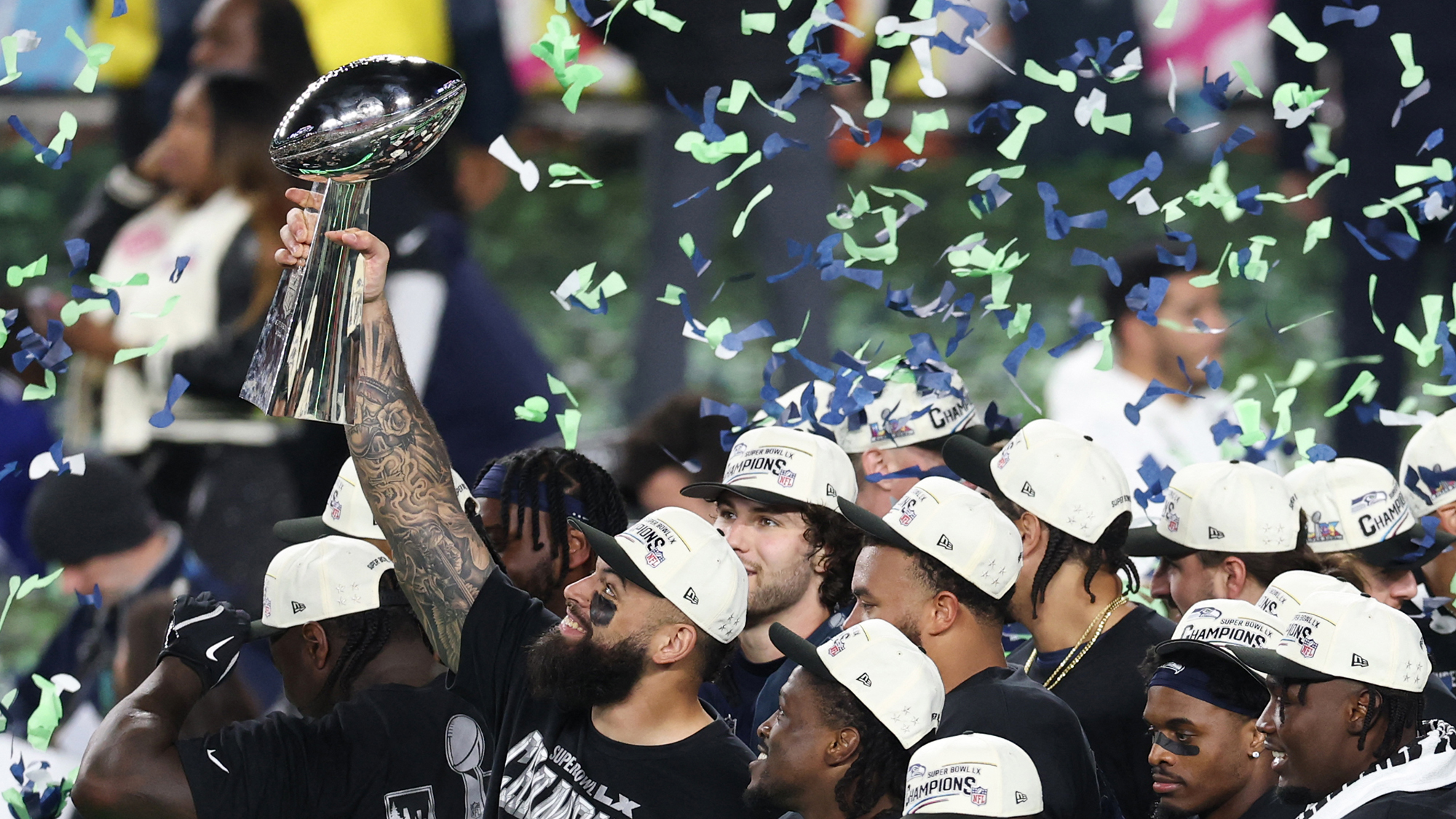 Seahawks trounce Patriots in Super Bowl LX
Seahawks trounce Patriots in Super Bowl LXSpeed Read The Seattle Seahawks won their second Super Bowl against the New England Patriots
-
 History-making moments of Super Bowl halftime shows past
History-making moments of Super Bowl halftime shows pastin depth From Prince to Gloria Estefan, the shows have been filled with memorable events
-
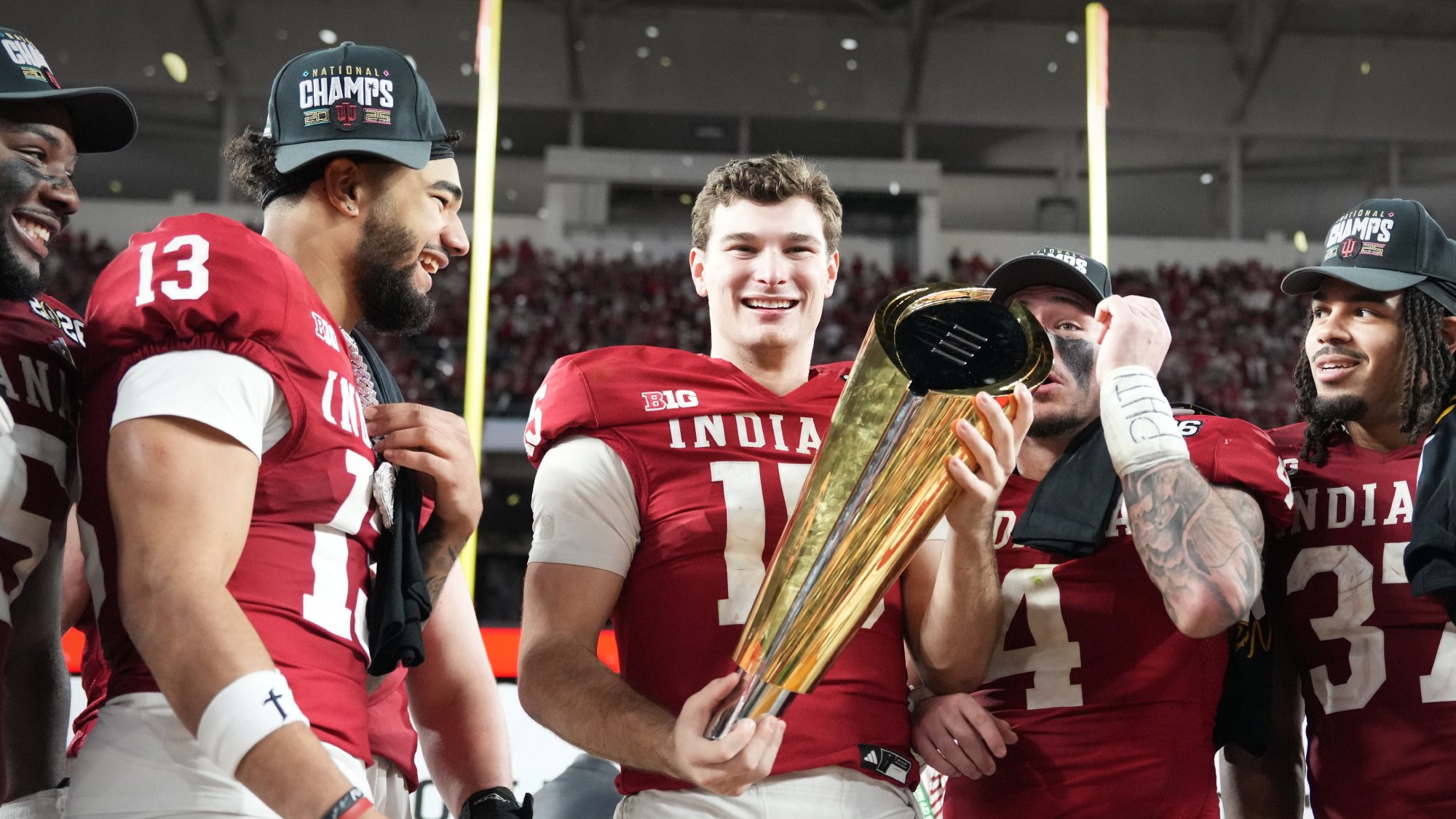 Indiana beats Miami for college football title
Indiana beats Miami for college football titleSpeed Read The victory completed Indiana’s unbeaten season
-
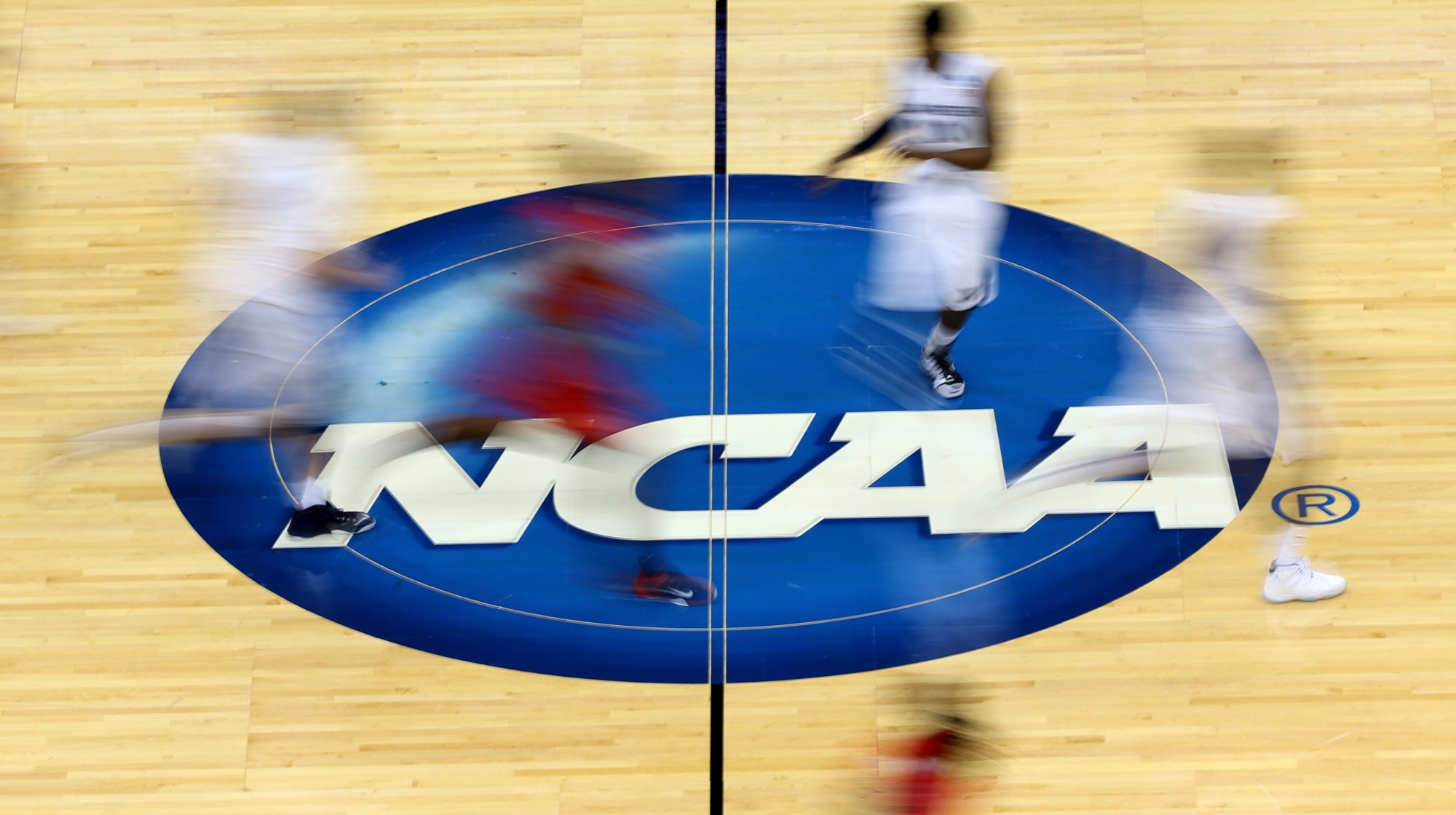 Dozens charged in NCAA game-rigging case
Dozens charged in NCAA game-rigging caseSpeed Read The schemes allegedly involved fixers who paid $10,000 to $30,000 for each rigged game
-
 The US Olympic figure skating team might be the ‘greatest’ ever
The US Olympic figure skating team might be the ‘greatest’ everIn the Spotlight The team will take to the ice in February
-
 Who is to blame for Maccabi Tel Aviv fan-ban blunder?
Who is to blame for Maccabi Tel Aviv fan-ban blunder?Today’s Big Question MPs call for resignation of West Midlands Police chief constable over ‘dodgy’ justification of ban from Aston Villa match, but role of Birmingham Safety Advisory Group also under scrutiny
-
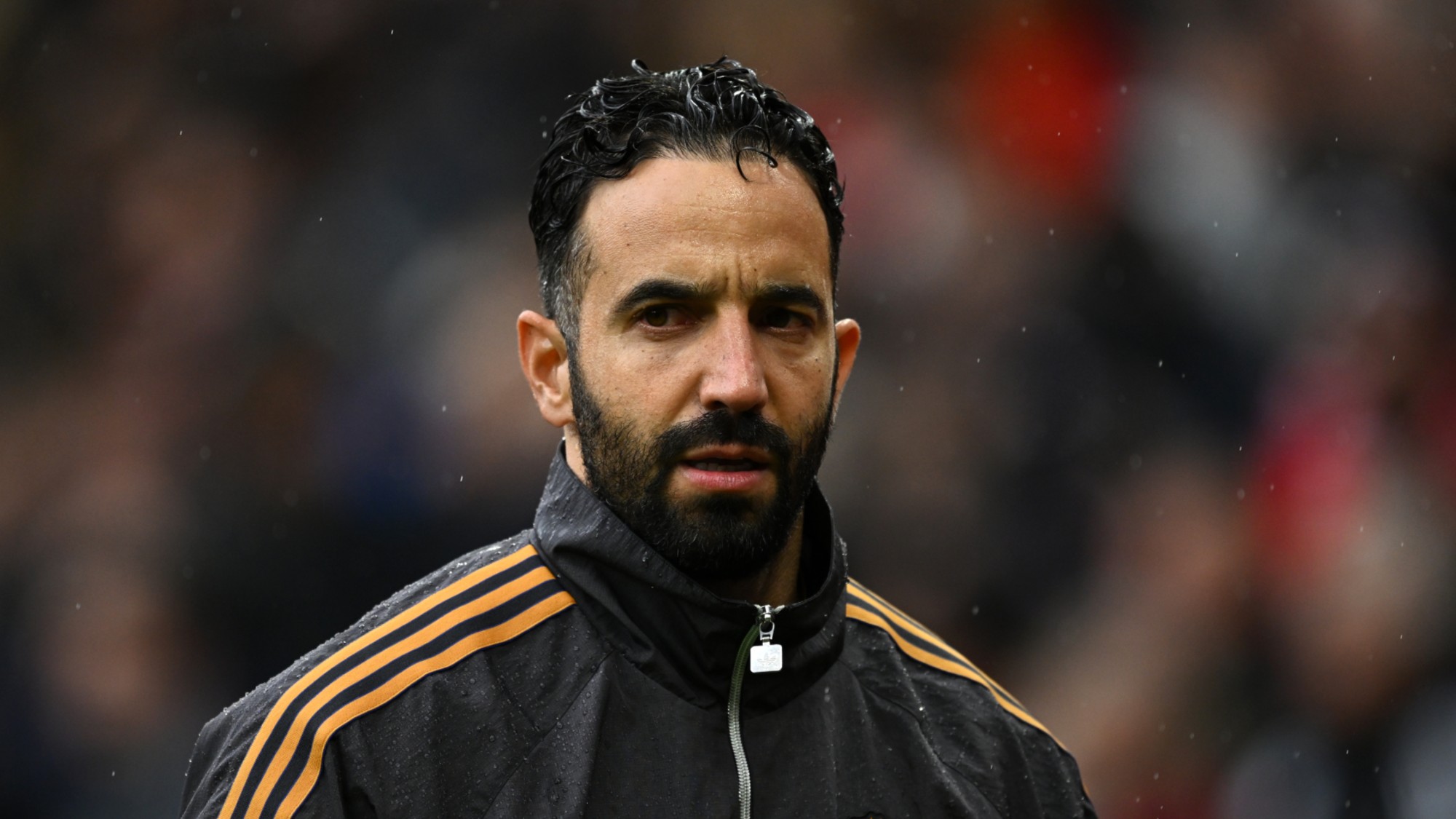 Amorim follows Maresca out of Premier League after ‘awful’ season
Amorim follows Maresca out of Premier League after ‘awful’ seasonIn the Spotlight Manchester United head coach sacked after dismal results and outburst against leadership, echoing comments by Chelsea boss when he quit last week
